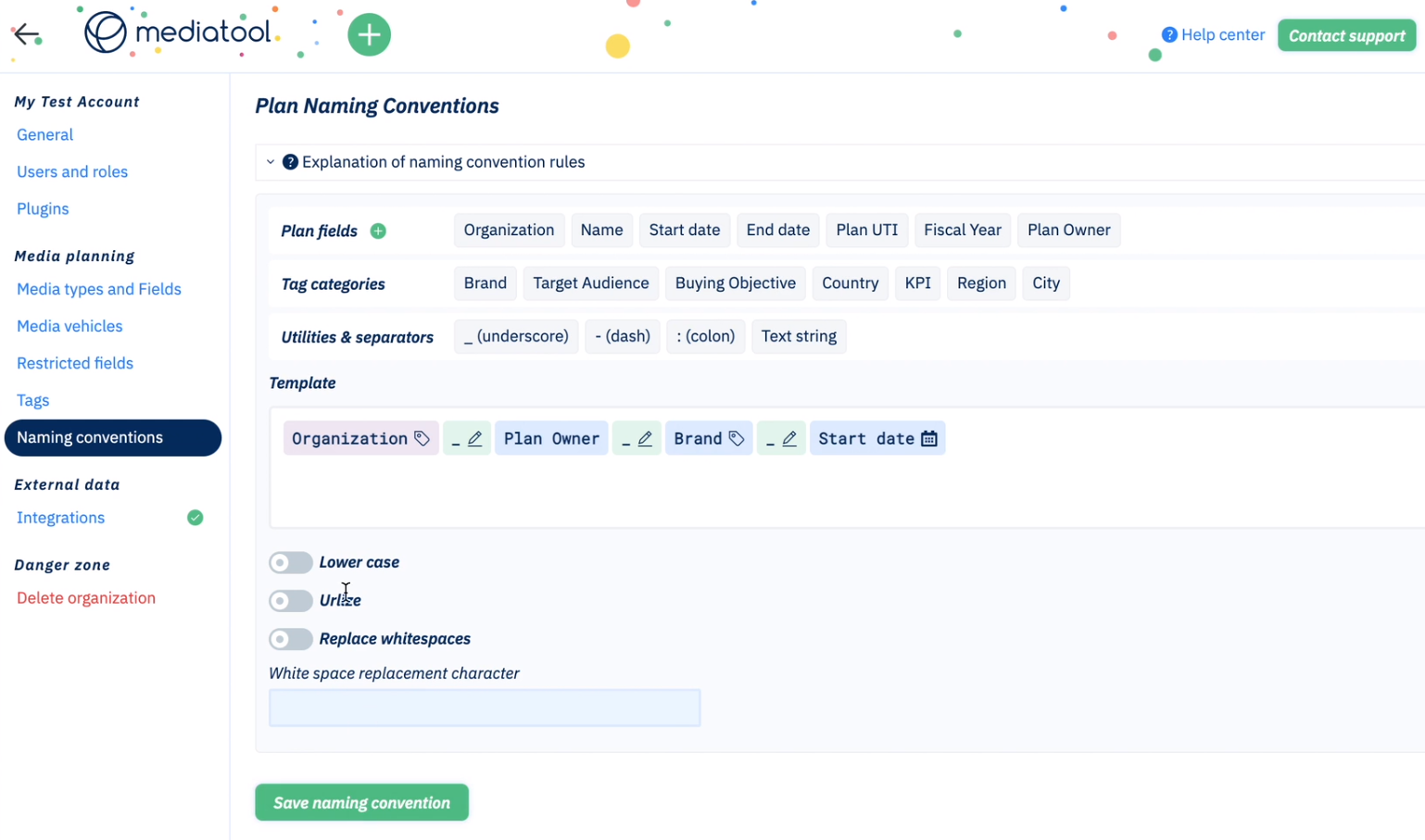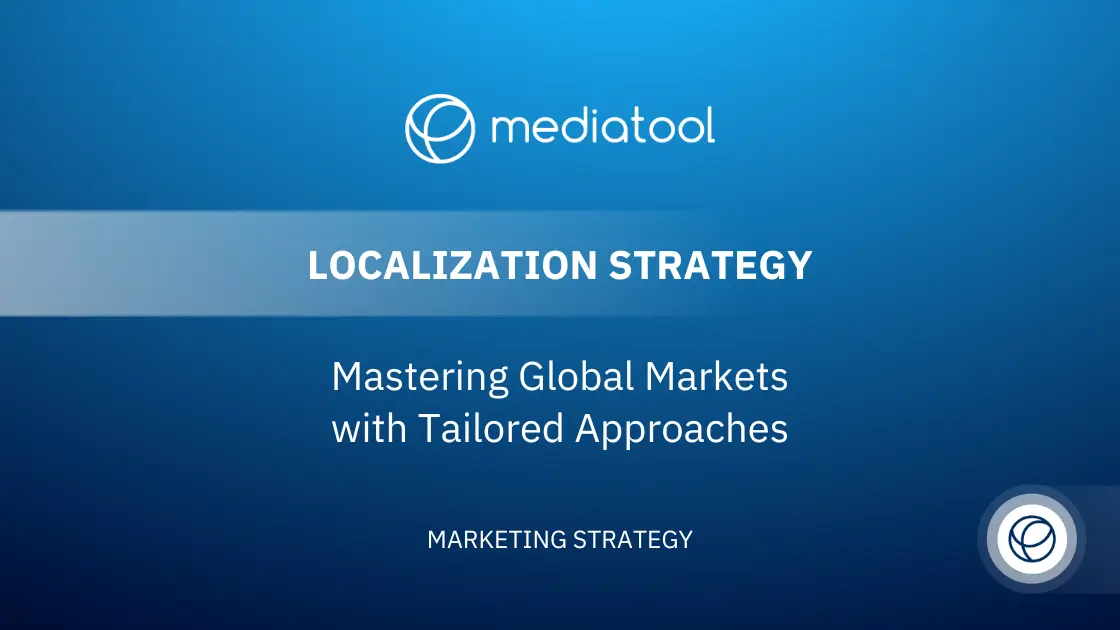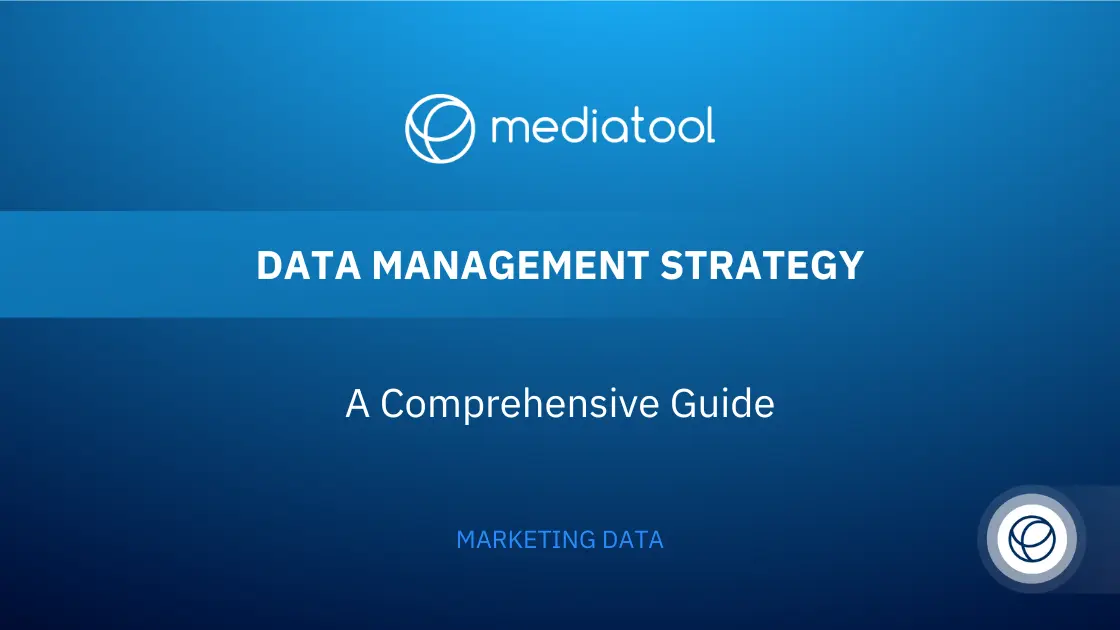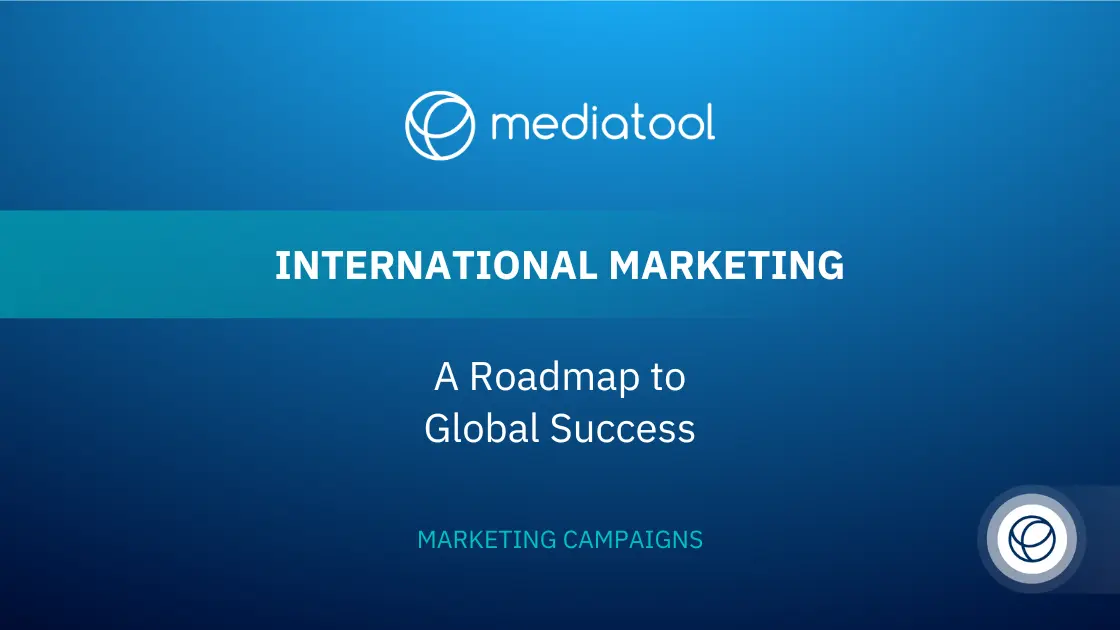How to carefully plan your digital marketing campaigns for effective data management and actionable insights.
According to recent research, only one-third of marketers automate their data processes, with the remaining two-thirds spending on average a week a month sorting and harmonizing data. That’s a lot of time to be copying and pasting Excel spreadsheets when you could be using the data for actionable insights instead! Fortunately, there is another way: naming conventions and marketing data management are here to help keep your data structured and ready for campaign analysis.
The question of what to call your next digital marketing campaign may just seem like a cursory task, but your campaign naming convention will fundamentally impact your marketing data management. A poorly thought out name or a simple typo could mean the difference between clean reliable data and a big headache unpicking and attributing the numbers when your campaign’s in full swing. Digital marketing taxonomy is especially important for media and marketing agencies that handle hundreds of client campaigns and need an effective way to structure their data. This is especially important when consolidating data from ads and different ad sources, having a solid taxonomy in place removes any second guessing of what is performing
Effective data management needs a carefully laid plan
Marketers love data. They also love well-structured campaigns and processes. Thanks to our love of logical steps and cold hard facts combined with automation and AI, it’s now possible to come up with highly structured data-driven campaigns that track and sort marketing information for easy access.
But the key step to receiving clean, reliable data in real-time, lies in your planning. Global brands and media agencies that keep tabs on potentially hundreds of marketing campaigns must pay homage to their data taxonomy and campaign naming conventions from the get-go. But, what exactly are naming conventions and taxonomy, and what does a well-structured marketing campaign look like?
Naming conventions are the high-level names you give your campaign in your account and taxonomy is the classification of your data into predetermined standardized categories and subsets. Your data taxonomy draws on your naming conventions to introduce shared meanings for specific terminologies. When your marketing data management is done right, you’ll get a unified and holistic view of your marketing data across all your systems and processes.
How to use name conventions for your next marketing campaign
The basic aim of using a campaign naming convention is to give everyone in your organization or agency a clear understanding of what the campaign’s aim is by using key details about the product it’s promoting and the audience it’s targeting.
Questions to consider. Before you name to your next campaign, ask yourself these questions:
- What do I want to measure and how can this name help my analysis?
- Does this name give me an overview of the campaign’s purpose?
- Does this campaign share attributes with other campaigns and, if so, how can I easily group the data?
- Can my team members easily interpret the campaign names?
For example, if you’re running a campaign in the spring to boost sales using a blend of social media and online video (OLV) ads and you’re targeting previous buyers in Europe, the Middle East, and Asia, your campaign name may look like this:
Q2 | SALES | SM+OLV | PREV | EMEA
When you’ve decided on your campaign name and you’ve got a framework in place, you’ll be able to track and attribute performance data accurately across multiple sources and channels.
Why consistency pays in marketing data management
Being consistent with your campaign naming is probably the most important takeaway here to effectively organize your digital marketing and advertising campaigns. Take time to carefully draw up your naming convention process to help keep your data structured and easy to manage.
The exact process varies between marketers and from brand to brand but it’s still essential to have one. If you create a process for naming your campaigns—rather than coming up with a campaign name on the spur of the moment like many marketers inevitably do—it’ll save you time in the long run and give you better control over your advertising campaigns and their data. What’s more, if you use the same name in every instance, for example right down to your UTM codes, you’ll even be able to combine and segregate your data however you want and glean valuable insights from it.
Go straight to actionable insights with marketing data management software
With Mediatool, you can set up custom tags and hierarchies for simple, straightforward global classification. Each plan receives a specific tracking code based on your naming convention and your team can decide how to classify the data so there’s no confusion or risk of mislabelled, lost, or duplicated data.
Once you’ve planned out and launched your campaign, all you need to do is sit back and let Mediatool track your data. After setting up naming conventions and the right taxonomy for your company, Mediatool helps you spend much less time copying and pasting data or risking human error and gives you time to action those valuable insights! Visualize your data in a customized report to connect the dots between your planned activities vs your actual results. Want to learn more about how to better organize your digital marketing campaigns in Mediatool? Request a demo to see for yourself.






